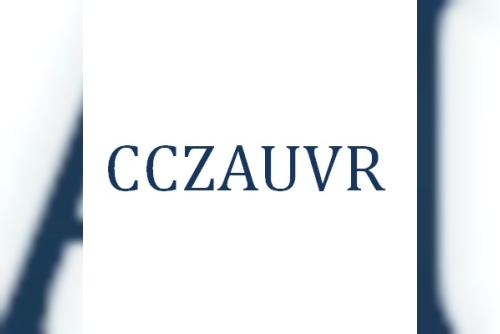1. Why This Matters
The word “therapist” is not protected by law in India. Anyone, regardless of training, can claim to be a therapist. For someone seeking assistance, this causes confusion and, in some cases, danger. Knowing how to choose the correct psychotherapist might mean the difference between receiving safe and effective care and having a misleading or damaging experience.
2. Understanding QualificationsIn India, an authorized psychotherapist typically has a solid clinical and academic background. Seek a minimum of a Master’s degree in Clinical, Applied, or Counseling Psychology, and ideally:
● M.Phil / Post Graduation Diploma in Clinical Psychology –The Rehabilitation Council of India, or RCI, is a registered organization with legal recognition to offer diagnosis and therapy.
● PsyD (Doctor of Psychology) / PhD in Clinical or Counseling Psychology – advanced study and hands-on instruction.
● Licensed Counseling Psychologists – registered with the National Commission for Allied and Healthcare Professions (NCHAP) or RCI.
● Bsc Clinical Psychology & M.A in Clinical Psychology – The new NEP policy for bachelor’s degrees in clinical psychology states that while an assistant psychologist may work, a master’s degree is required to practice independently.
Finding the “right” psychotherapist involves more than just degrees; it also involves approach, ethics, and attitude. A few crucial attributes are:
Transdiagnostic Lens● It is rare for mental health issues to fall neatly into one category. Instead of merely assigning labels, psychotherapists look for patterns in anxiety, depression, trauma, addiction, and relationship problems.
● They focus on long-term functioning, skills, and resilience..
● Gender, sexuality, and identity are all respected by a safe therapist.
● Instead of pathologizing LGBTQIA+ identities, they establish a space that is affirming and validating.
● Because of India’s diversity, what suits one community might not suit another.
● When framing interventions, an experienced psychotherapist takes into account family structures, caste/class dynamics, language, and religion.
● Professional conduct, informed consent, confidentiality, and transparent fees are all non-negotiable.
● No two-way relationships (such as promoting religious or spiritual beliefs or becoming friends or business partners).
4. Checklist: How to Choose the Right Therapist in IndiaCheck credentials –Master’s + MPhil, PsyD, PhD, RCI, or NCHAP certification.Ask about training & specialization –Do they receive clinical training under supervision in evidence-based therapies such as CBT, ACT, DBT, EFT, SFBT, and others?
Notice their stance on identity – Are they culturally aware and queer-affirming?
Look for transparency – Do they provide clear explanations of the boundaries, confidentiality, and therapy process?
Observe fit – In sessions, do you feel safe, respected, and heard?Read more....









 Furnished 1-Bhk Apt Rent in Bashundhara R/A,Dhaka
Furnished 1-Bhk Apt Rent in Bashundhara R/A,Dhaka 


